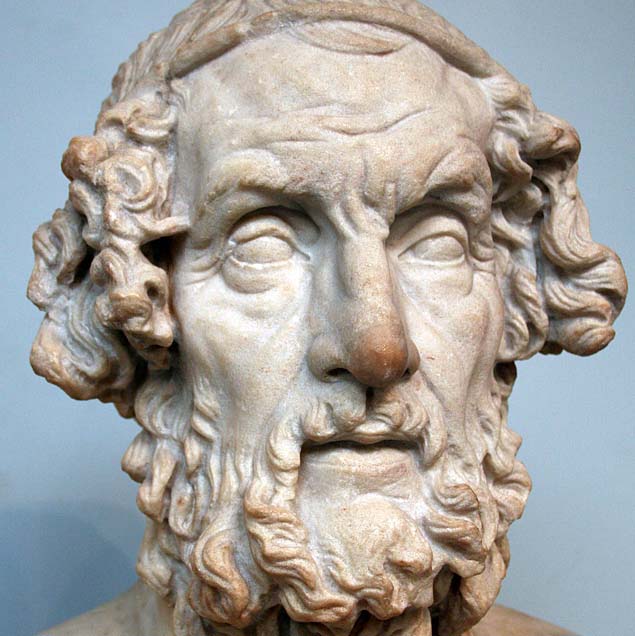The delegates went on to approve the Declaration of Independence. After the announcement of the vote, silence moved over the Congress as the men contemplated the magnitude of what they had just done. Some wept openly, while others bowed in prayer.
After signing the Declaration with unusually large writing, the President of the Continental Congress, John Hancock, broke the silence as he declared, “His majesty can now read my name without glasses. And he can also double the price on my head.”
Adding to the solemnity of the tense moment, Hancock said, “We must be unanimous; there must be no pulling different ways; we must all hang together.” Benjamin Franklin responded in his characteristic wit, “Yes, we must indeed all hang together, or most assuredly we shall all hang separately!” Full Article
On August 1, the day before an engrossed copy of the Declaration was signed (the copy now displayed in the National Archives in Washington, D.C.), Samuel Adams, whom men of that day ascribed “the greatest part in the greatest revolution of the world,”[4] delivered an address in which he proclaimed regarding the day of Independence: “We have this day restored the Sovereign to Whom alone men ought to be obedient. He reigns in heaven and… from the rising to the setting sun, may His kingdom come.”[5] The men who helped give

Pro-life Fireworks across the American Flag
birth to America understood what was taking place. They saw in the establishment of America the first truly Christian nation in history.
As Franklin suggested, they did “hang together,” but even so, many of these signers as well as tens of thousands of colonists lost their lives, families, reputations, and property in order to purchase liberty for themselves and their posterity.
What was it that motivated these people to risk everything in order that they might have freedom? What was it that brought about the events leading to the colonists declaring their independence? John Adams, our second President and a leader in the cause of independence, revealed what he and many others thought as he wrote at the time that the colonies declared their independence:
It is the Will of Heaven, that the two Countries should be sundered forever. It may be the Will of Heaven that America shall suffer Calamities still more wasting and Distresses yet more dreadful. If this is to be the Case, it will have this good Effect, at least: it will inspire Us with many Virtues, which We have not, and correct many Errors, and Vices, which threaten to disturb, dishonor, and destroy Us. – The Furnace of Affliction produces Refinement, in States as well as Individuals…. But I must submit all my Hopes and Fears to an overruling Providence, in which, unfashionable as the Faith may be, I firmly believe.


